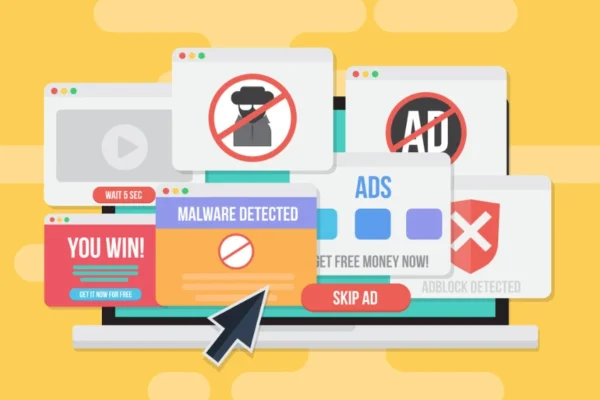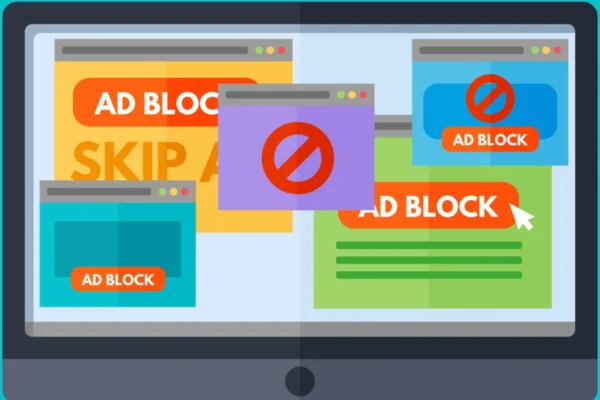Rapid technological progress has ushered in a new era of online education advancements, reshaping how learners and institutions approach teaching and training. From AI-driven personalization to immersive virtual reality (VR) classrooms, 2025 marks a turning point. These online education advancements are unlocking global access, tailored instruction, and flexible credentials, setting the stage for a more effective and equitable future in education.
1. AI-Driven Personalization & Adaptive Learning

One of the most impactful online education advancements in 2025 is AI-powered personalized instruction:
-
Platforms analyze individual learning styles, pace, and performance to deliver custom content, automatically adjusting difficulty and areas of focus like algebra, language, or coding.
-
Virtual tutors and chatbots are available 24/7, answering questions, clarifying concepts, and providing feedback, making AI an essential companion in learning.
-
Adaptive testing ensures mastery by personalizing quiz difficulty and offering real-time remediation, a major online education advancement, enabling efficient learning.
2. Immersive VR/AR Classroom Experiences
Immersive learning via VR and AR is a standout among online education advancements in 2025:
-
Students can perform virtual experiments, such as surgeries in VR or historical deep-dives in AR.
-
In engineering, medicine, and the arts, immersive tools bring abstract theory to life and increase engagement and retention.
-
Institutions and platforms are investing in XR-enabled labs, contributing to real-world applications of online education advancements.
3. Microlearning & Just‑in‑Time Training
Modern learners value flexibility. Microlearning stands out as a key online education advancement:
-
Bite-sized lessons (3–10 minutes) delivered on-demand improve retention and fit busy lifestyles.
-
Professionals use just-in-time modules to tackle immediate tasks like coding or software troubleshooting.
-
Platforms report up to 17% higher efficiency when training is broken into micro-segments.
4. Gamification & Engagement Tools
Gamification remains at the forefront of online education advancements:
-
Points, badges, and leaderboards foster motivation and healthy competition in learning.
-
Story-driven modules and real-time challenges make the curriculum interactive and immersive.
-
Platforms integrating game design elements report stronger engagement, variable by domain.
5. Blockchain Credentials & Micro‑Credentials
Credentialing is evolving thanks to online education advancements:
-
Blockchain is used to issue tamper-proof digital certificates and transcripts, streamlining verification.
-
Employers trust online credentials more when secured on blockchain.
-
Micro-credentials and stackable credits allow learners to build qualifications modularly—a growing strategy in higher ed.
6. Hybrid & Blended Learning
Blended approaches are central to online education advancements:
-
Universities like Penn State, ASU, and U Maryland offer flexible, remote-integrated programs, improving access.
-
Hybrid degrees combine asynchronous content with live components, supporting learners balancing work and study.
-
Rural colleges, such as West Texas A&M, retrofit spaces to serve online populations effectively.
7. Inclusive Access & Global Reach
Online education advancements are democratizing education:
-
Mobile, multilingual platforms and virtual tutoring expand reach to rural and underserved communities.
-
In India, virtual labs are adapted into regional languages, increasing participation from remote learners.
-
Pakistan’s SWAYAM and Coursera partnerships provide MOOCs and subsidized courses across provinces.
8. Learning Analytics & Predictive Insights
Analytics play a key role in online education advancements:
-
Systems track engagement, progress, and at-risk behaviors—enabling early intervention.
-
Dashboards support educators in refining curriculum and targeting support.
-
Predictive models forecast dropout risk and guide personalized learning strategies.
Real-World Examples & Institutional Adoption
-
Penn State, Arizona State, U Maryland, Drexel, and Wisconsin deliver hybrid degrees via online education advancements.
-
West Texas A&M revamped its teaching space for rural online learners.
-
IIT-Kanpur’s conference highlighted AI, AR, VR, gamification, and LLM use in higher education.
-
India’s MAHE and SWAYAM platforms highlight the scalability of online credentials and inclusivity.
Challenges & Ethical Considerations
As online education advancements accelerate, new concerns emerge:
-
Data privacy, cybersecurity, and digital ethics demand attention as data collection grows.
-
Ensuring equity in internet access and technology availability remains crucial.
-
Balancing automated instruction with human mentorship is essential for emotional and social learning skills.
-
Verifying credential authenticity across borders requires global standards and blockchain adoption.
Looking Ahead: Next-Gen Online Education Advancements
-
Metaverse Classrooms: 3D virtual worlds enabling global collaboration and immersive simulations.
-
LLM-Powered Tutors: AI assistants like LearnMate offer tailored mentorship and progress tracking.
-
Subscription Models: Affordable, unlimited access to courses is replacing one-time payments.
-
Soft-Skill Integration: Emotional intelligence and collaboration modules enhance employability.
Conclusion
Online education advancements in 2025 have transformed learning into a flexible, personalized, global, and immersive experience. From AI-guided tutoring and blockchain verification to VR labs and microlearning modules, education is becoming more accessible, engaging, and effective than ever. Yet, challenges around equity, ethics, and human connection persist.
Learners, educators, and institutions must embrace these online education advancements thoughtfully, balancing innovation with inclusivity and mentorship. As the world adapts, education will evolve into a lifelong, dynamic journey—powered by technology and grounded in human values.








